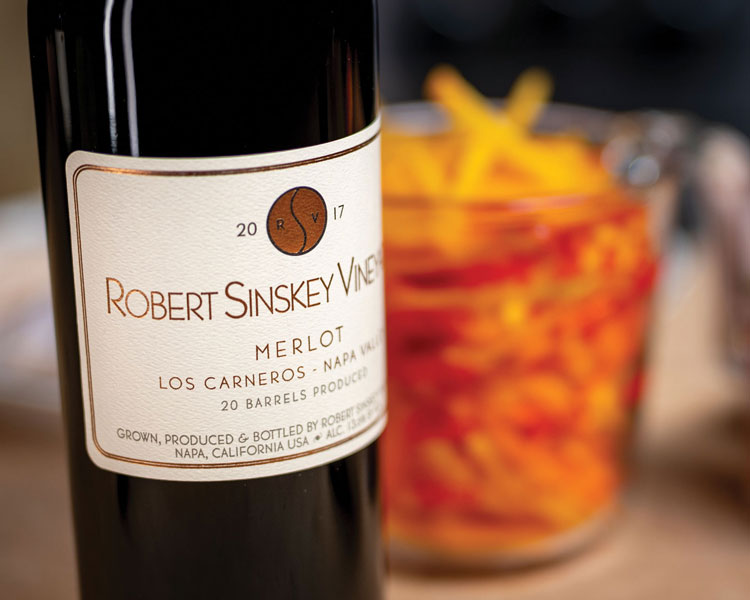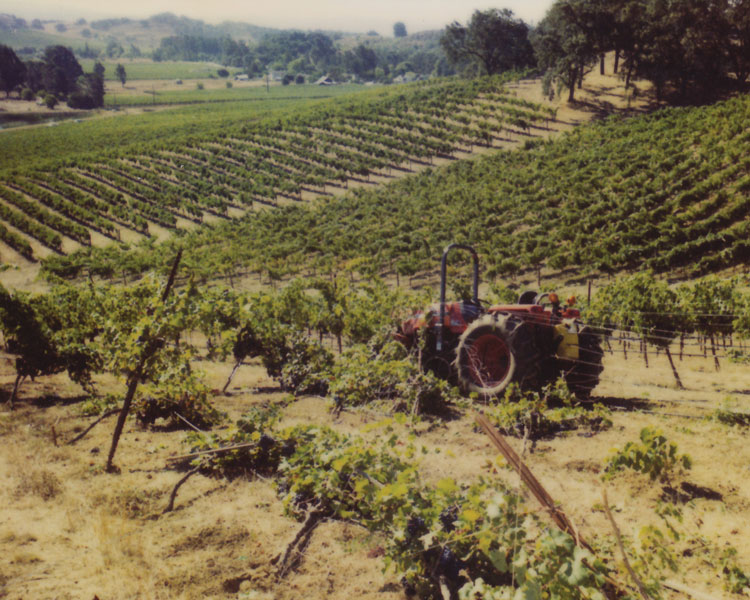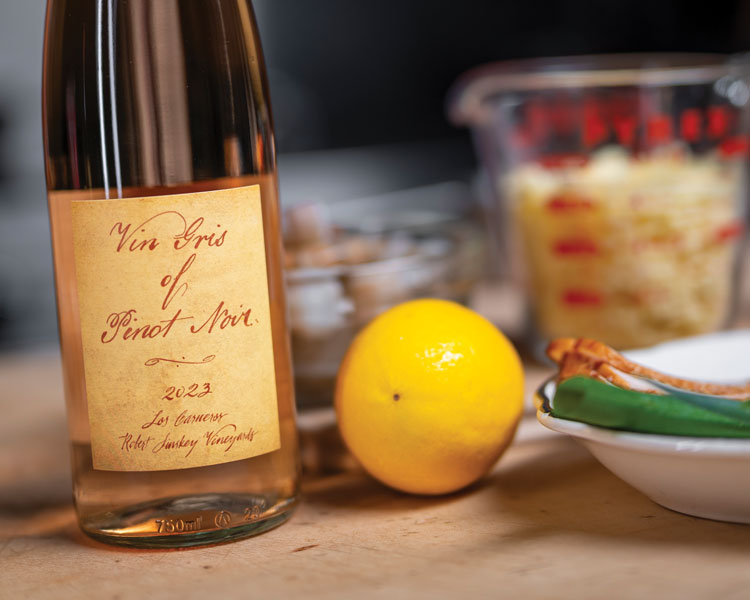Life During Wartime
No time for subtlety!
As we held out our glasses in reverence, he poured each a taste and proudly asked us to guess the vintage. We knew it was old, but it was so fresh, so delicious, that most of us guessed the wine was from the ’70s (we were tasting it in the ‘90s). The vigneron puffed up and enthusiastically declared the wine was from 1945 and proceeded to tell us stories of his parents building a fake wall in the cellar to hide the wine from the Nazis… and of the difficulties growing and making wine in an occupied nation while war raged.
I couldn’t imagine what it would have been like to make wine during wartime. I found it fascinating that someone could stay focused with chaos and destruction all around them – with the constant fear that something might destroy generations of work. I speak in the past tense because I think I now have an inkling of what that might have been like. The past few years have been warlike. Since the fire event of the century that almost took out the winery in 2017, we have seen two more fire seasons surpass that ugly benchmark. This year will set the California record for the most acreage burned in a year… and, as I write this, the official 2020 fire season has just begun even though it has already created the most polluted air in the world and turned the skies into a dark, glowing-red Martian horizon. Yet the war we are waging is not just against the immediate threat of the fires but the existential threat of climate change. It is time to call it out for what it is.
We have all benefited from cheap energy. It has fueled an unprecedented period of prosperity. We like our big cars and many of us feel we have a right to them. We are used to jumping on planes for work and pleasure. We have grown plump on inexpensive food grown on industrial farms. The unfortunate reality of our prosperity is that it has downstream costs that are coming due in the form of weather anomalies and environmental degradation that are already costing billions, if not trillions in damage, lost crops and increases in food and insurance costs and a decrease in health and quality of life. If we want to enjoy the prosperity of the past, we need to embrace the realities of the future. Right now, California farmers are paying a “cheap energy tax” in the form of the costs of the losses associated with climate change.
First, we need an administration that recognizes and sees climate change as the existential threat that it is. Then, we need a Manhattan or a “moonshot” project to develop a response to climate change. This can be the development of more efficient batteries or non-polluting fuels, modernization of the electrical grid, guidelines on zero net carbon agriculture or carbon sequestration. This country has tremendous technologically advanced capabilities. We need to use the power of the tech industry for the good of all by using their data crunching capabilities to re-think how transportation works and redesign our transportation system to keep things moving with vehicles that “see” each other to allow traffic to maintain pace and reduce start and stop traffic that cause vehicles to burn more energy standing and starting. What about roads that charge vehicles while they drive? The ideas are limitless and beyond my daydream abilities, but, in a capitalistic society, we must create financial incentives so we can move forward and leave self destructive habits behind.
In the process of making fine wine, we have learned that when we only address a symptom of the problem and not trace it back to the root of the issue – which in our case usually has to do with soil health or pestilence due to monoculture and lack of bio-diversity – we only compound our problems. We have learned to take a holistic approach to keep things from becoming a problem in the first place. Climate change will require a holistic approach that will be uncomfortable for some but better for all.
Rob Sinskey




